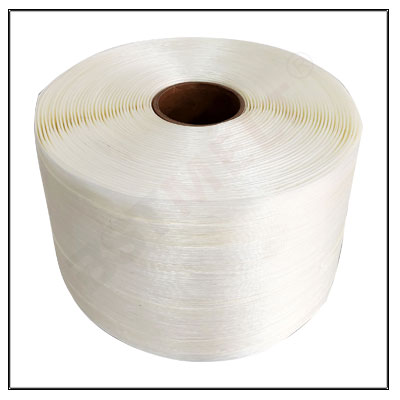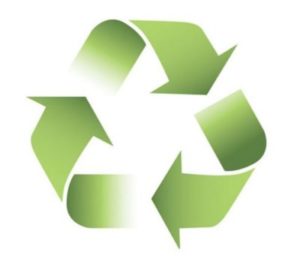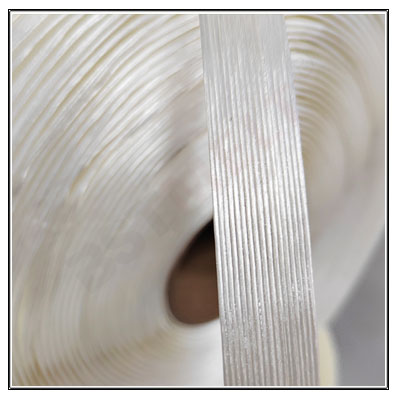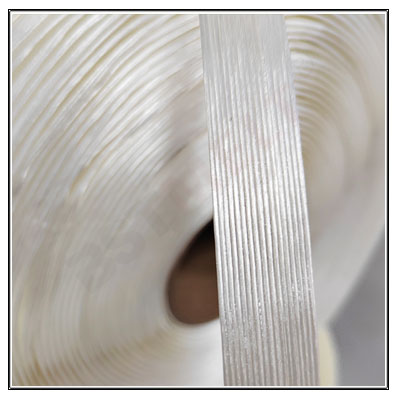Introduction:
Baling tape, a seemingly simple yet indispensable tool in the recycling industry, plays a pivotal role in the efficient and effective management of recyclable materials. This robust adhesive tape is designed to bind together various types of waste materials into compact bales, facilitating their transportation, storage, and processing. This article explores the importance of baling tape, its properties, and its applications in the recycling sector.
Properties of Baling Tape:
Strong Adhesion: Baling tape is formulated with a powerful adhesive that ensures a firm grip on the materials it binds. This is crucial for maintaining the structural integrity of the bales during handling and transportation.
High Tensile Strength: The tape must possess a high tensile strength to withstand the weight and pressure exerted on the bales, preventing them from breaking apart and causing potential hazards.
Durability: Baling tape is made from durable materials that can resist tearing, moisture, and environmental factors such as temperature and UV exposure. This ensures the tape's longevity and effectiveness in outdoor recycling facilities.
Versatility: Baling tape is available in various widths and strengths to accommodate different types and sizes of bales, from lightweight paper to heavy-duty metal scraps.
Easy Application: The tape is designed for ease of use, allowing recycling workers to quickly and efficiently bind materials into bales without the need for complex machinery.
Applications of Baling Tape in Recycling:
Paper and Cardboard: Baling tape is extensively used in the paper and cardboard recycling industry to bind large quantities of these materials into compact bales, making them easier to transport and process.
Plastics: In plastic recycling, baling tape secures plastic waste, preventing contamination and ensuring that the bales are stable and ready for further processing.
Textiles: For textile recycling, baling tape is used to bind together clothes, fabrics, and other textile waste, creating manageable bales for sorting and repurposing.
Metal Scrap: Baling tape is also employed in the metal recycling industry to bind metal scraps into heavy-duty bales, which can then be transported to smelters for melting and recycling.
Organic Waste: In the case of organic waste, such as food scraps and yard waste, baling tape helps to create compact bales that can be transported to composting facilities or anaerobic digestion plants.
Conclusion:
Baling tape is a fundamental component of the recycling process, enabling the efficient and safe handling of recyclable materials. Its strong adhesive properties, high tensile strength, and durability ensure that bales remain intact throughout the recycling journey. As the recycling industry continues to evolve, the demand for high-quality baling tape will undoubtedly grow, underscoring its importance in promoting a more sustainable and circular economy.



